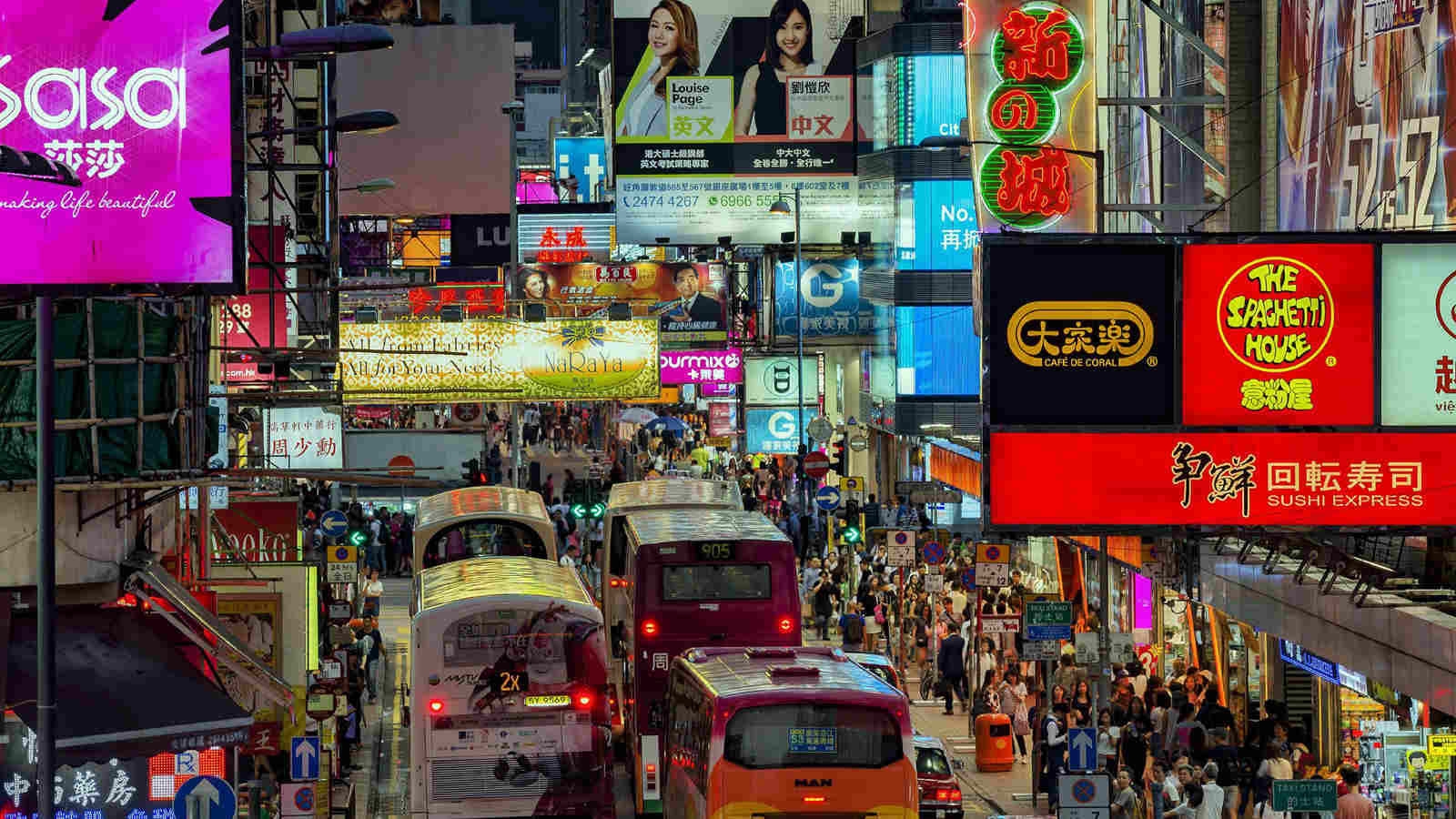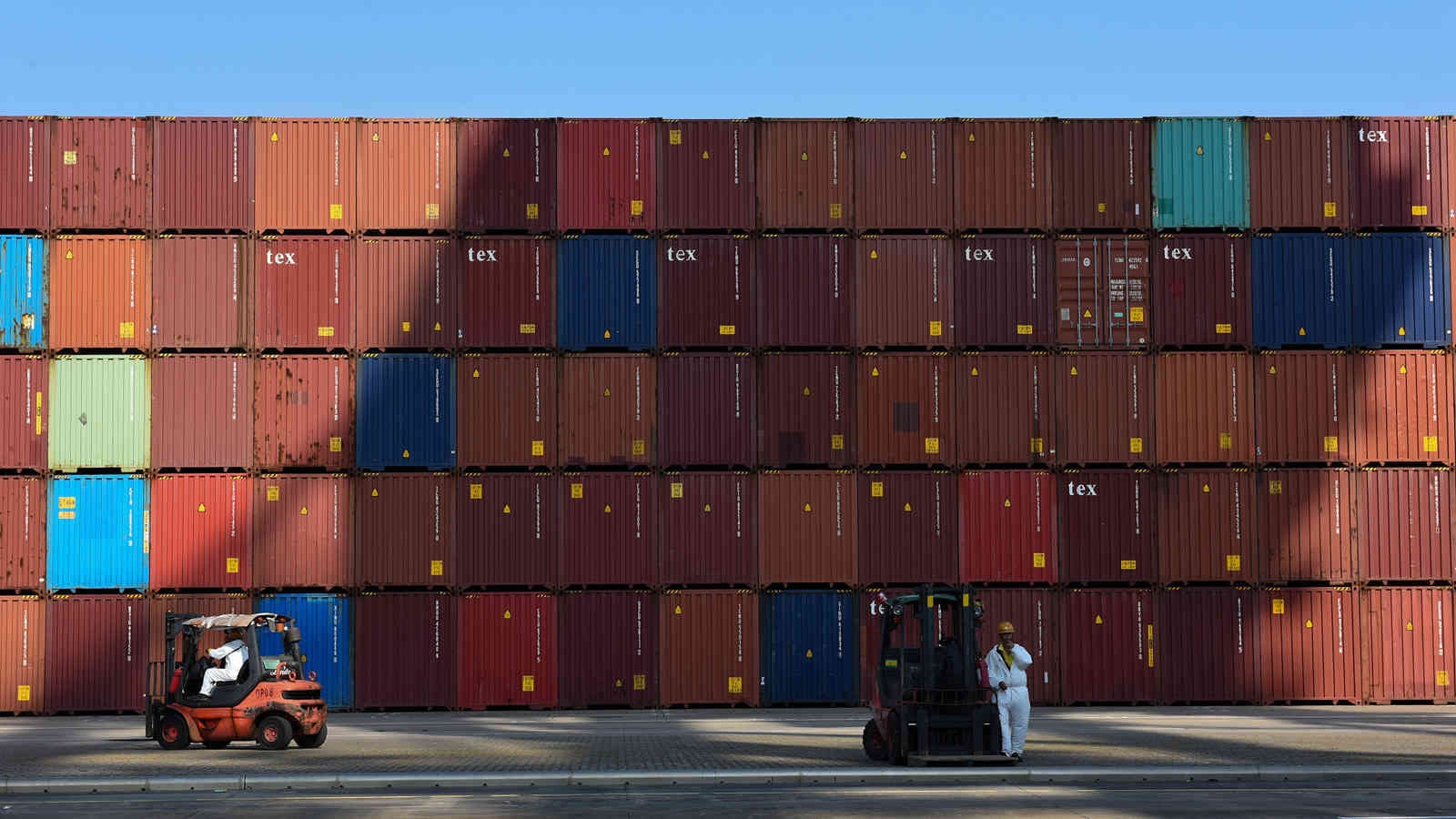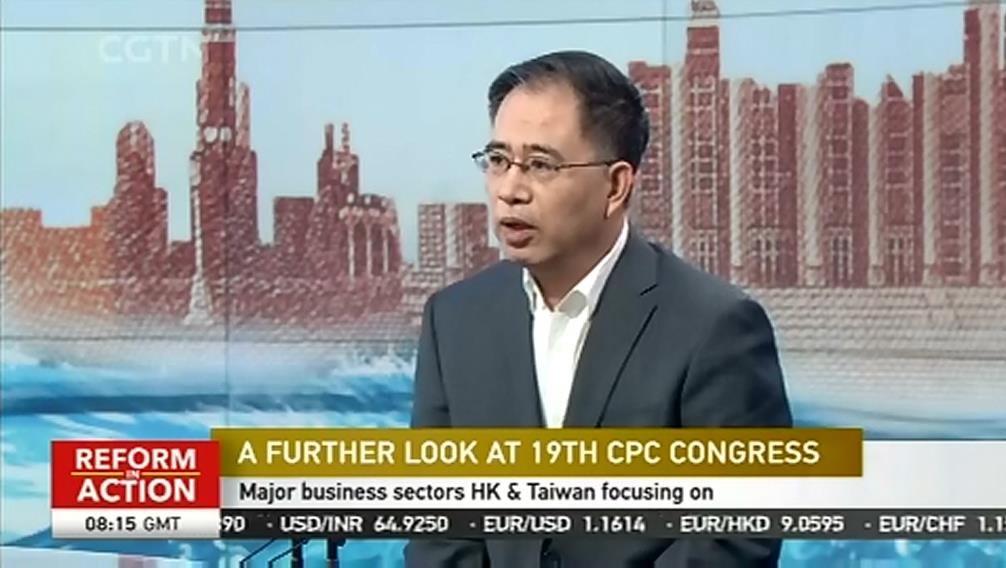
Business
21:46, 30-Oct-2017
Why Hong Kong, Macao, Taiwan need more integration with Chinese mainland?
Gao Songya

The 19th CPC National Congress concluded last week set tones for a list of issues related to China’s economic growth, including how to deepen cooperation among Hong Kong, Macao, Taiwan and the Chinese mainland.
General Secretary Xi Jinping vowed in his opening speech to stick to the “One Country, Two Systems” policy at all times. He hoped the fast growing market would share opportunities with all parties and include them in the big picture of China’s development.
And those rhetoric are cheered by business people in Hong Kong.
“Xi’s report encourages young people in Hong Kong to reposition themselves, and then pursue their own success while contributing to the future of our country,” said Lam Lung On, honorary president of HK Chinese Importers & Exporters Association.
“I can tell from the speech that General Secretary Xi sees Hong Kong as an important part in the country’s future growth, that in turn injects great confidence and power to Hong Kong’s economy as well,” said Li Sau Hung, president of Chinese Manufacturers Association of Hong Kong.
Li also said that wherever he goes now, he can feel how seriously business partners around the globe value Chinese investors and products.

He attributed that to the series of favorable policies, such as the Belt and Road Initiative, the Guangdong-Hong Kong-Macao Greater Bay Area, and all those connect programs that link inland’s financial market to the world.
The Shenzhen-Hong Kong stock connect, Hong Kong-mainland Bond Connect, and Mutual Fund Connect that have launched in recent years have been enabling Hong Kong and international investors to buy Chinese mainland products via various platforms. And that also exposed Chinese companies to border capital sources and market prospects.
Hong Kong, Macao, Taiwan are now not only serving as the springboard for the inland market but also benefiting more from the mainland.
For example, the Hong Kong investors have long preferred short-term arbitrage, which is bad for startups that require a more extended growth period. Therefore, capital inflow from the mainland would guarantee companies with more stable funding and make Hong Kong’s financial market healthier.

Professor Liu Baocheng from University of International Business and Economics also noted that the springboard effect on Hong Kong, Macao, and Taiwan sides is reducing, as Chinese mainland has been growing rather rapidly.
The anti-corruption moves by the mainland government are now hurting Macao’s casinos’ business along with the tourism there, Hong Kong’s role as the financial hub has been downplayed as Chinese mainland has cities like Shanghai and Shenzhen to be its own financial and trade center.
As for the once important practical technology base and industrial intermediate Taiwan, it’s economy has been disrupted by internal politics in recent years and there’s a lack of drive.
That’s why, Liu said in adjusting to the new situation, all parties need more than ever to join hands, especially when we share the same cultural roots.

SITEMAP
Copyright © 2018 CGTN. Beijing ICP prepared NO.16065310-3
Copyright © 2018 CGTN. Beijing ICP prepared NO.16065310-3